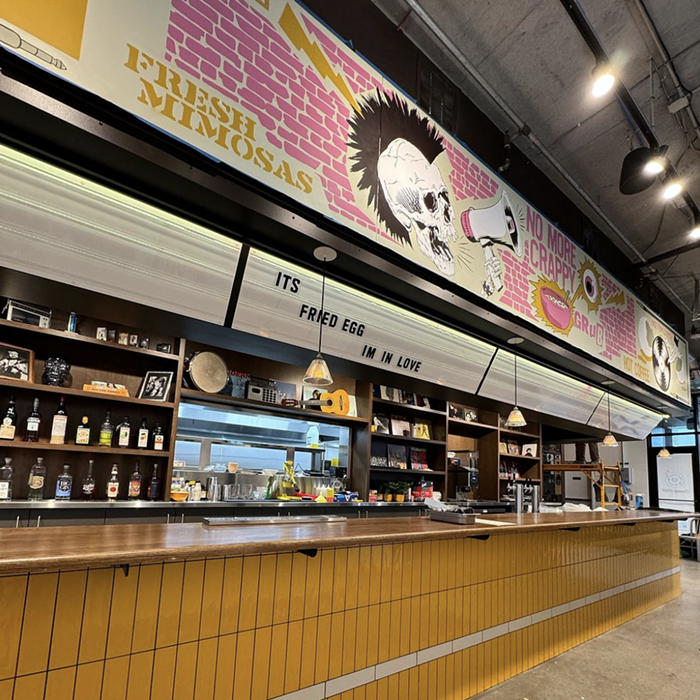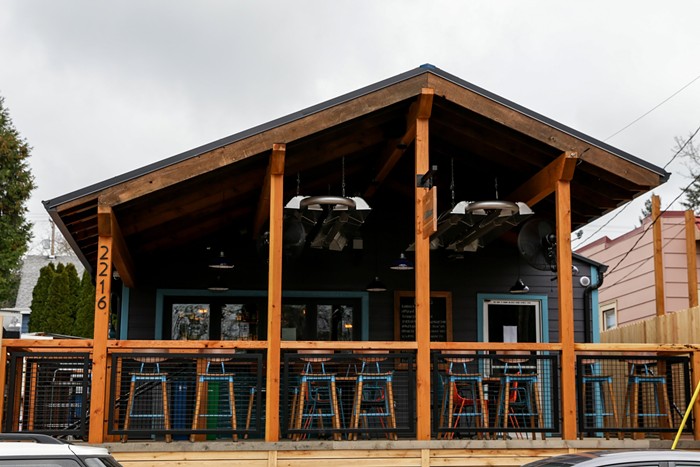
During the 13-plus years I spent as a server and bartender before switching from the service industry to the news industry, there was one issue that always proved divisive: Tipping.
Tips were my bread and butter front of house during my time in the service industry. On a night I sold $1,200 worth of food and drinks, I could walk away with $200 cash in my pocket, after I tipped out my back of house coworkers.
At the places I worked, it was an understood fact that front of house workers generally made more than back of house workers, and it sometimes created animosity. In light of the inequality that comes from tipping, and also in an attempt to pay service industry workers a living wage, some restauranteurs are choosing to do away with tipping altogether.
Scott Dolich, who owns Portland's Park Kitchen and The Bend Brick, on Monday announced he's switching to a "one house" model, where all employees will be trained to work at all stations. Each employee will train at one station for three months before moving to another station.
In order to make up for the lost tips, Dolich says menu prices will increase by 18 percent and will "compensate all employees equitably, competitively and professionally."
Perhaps more importantly, Dolich says he'll increase all employees' schedules to 40 hours per week so they can qualify for the company health insurance program. That's a big deal, considering restaurants rarely offer health insurance to most of their staff.
Dolich isn't alone. On Tuesday, prominent Seattle restaurant owner Tom Douglas announced his company will also eliminate tipping beginning Feb. 1 and will raise all employees' wages to $15 per hour.
The change at Douglas' restaurants came as a means to allow the restaurant to afford a giant increase in company payroll in light of the city's new minimum wage laws. In New York City, where service industry workers are also seeing their pay increase, at least one restaurant owner is taking the same route.


















